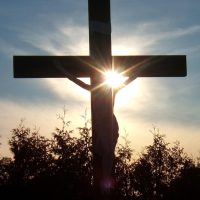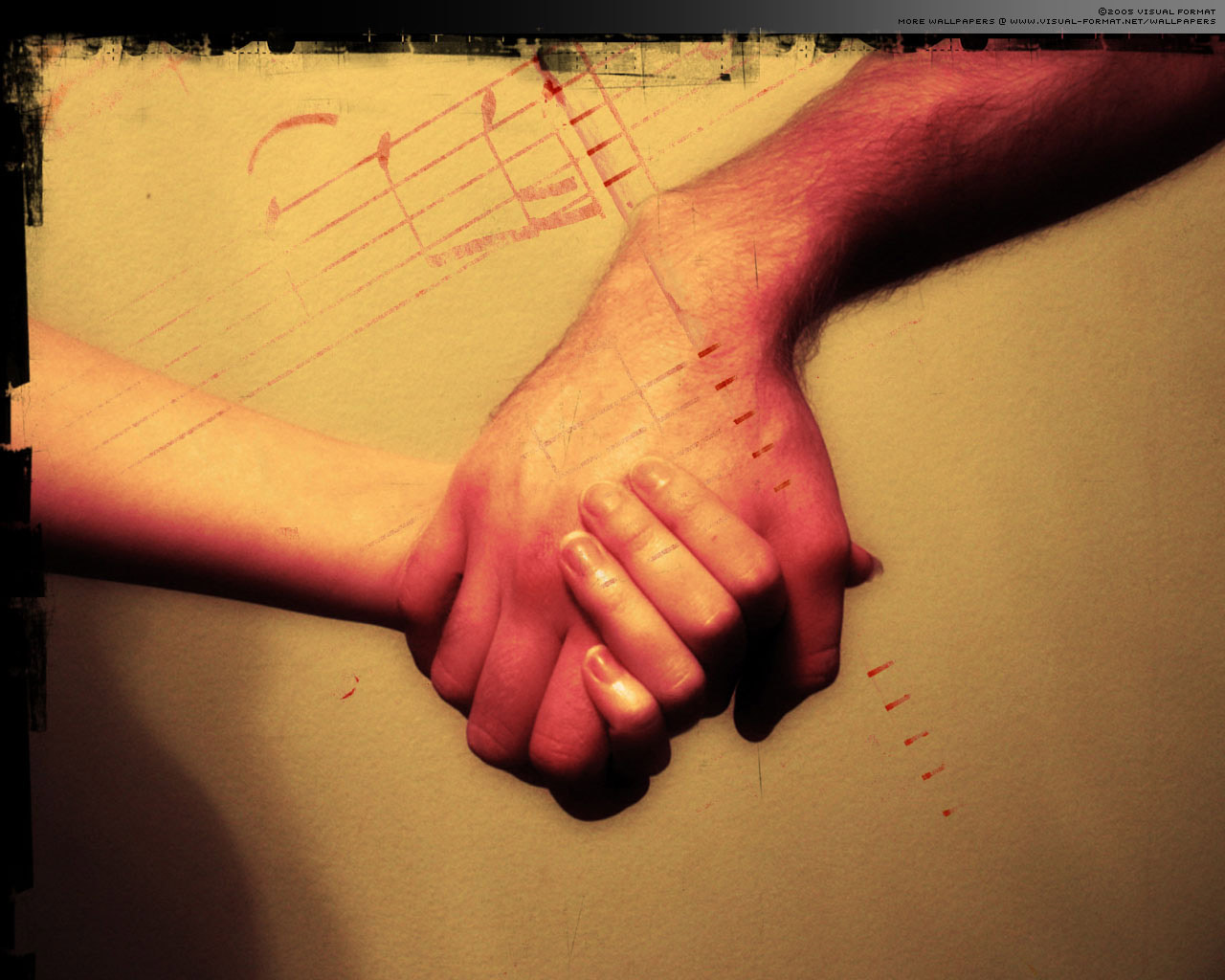Sermon given by Revd Sue McCoan 15th December 2024
Zephaniah 3:14-20
Luke 3:7-18
There is a story of a little girl who ran to her mother one day and said, Mummy, mummy, come and look! There’s a tiger on the lawn!
Don’t be silly, dear, we don’t have tigers in Ealing.
Yes we do and it’s on the lawn! Come and look!
Mum closes her laptop and goes to see. There, sitting on the lawn, is a large ginger cat.
Now look – I’ve told you before, not to exaggerate. Now go upstairs and say your prayers and tell God you are sorry.
The little girl goes upstairs. Ten minutes later, she is back down, all smiles.
Did you say your prayers?
Yes.
And did you tell God you were sorry?
Yes.
And?
And God said not to worry, the first time he saw it, he thought it was a tiger too.
Last week’s gospel reading was John the Baptist proclaiming a baptism of repentance for the forgiveness of sins. This week we follow on from that reading with Luke elaborating on John’s preaching and what he means by repentance and forgiveness. And we can see that it’s a lot richer than simply saying ‘sorry’ to God. It is both more challenging, and more rewarding.
If we read between the lines of these verses, we can see some of the assumptions and expectations that the people were coming with. We know that they were expecting a Messiah, and that the Messiah would bring in the Kingdom of God. For many people, their concept of the coming of the Kingdom of God was a return to the glory days of Israel, the days, in particular, of King David, who was an earthly king but seen as ruling on behalf of God. Others looked to a wider understanding of God as king, reigning in the world even when David and his immediate successors had all been swept away by the Babylonians. In both cases, the kingdom of God is seen as the realm where God has total authority, where God’s judgment prevails, and there is total peace and security for all God’s people.
It seems that when people imagined this kingdom, the picture in their minds was of a world like the world they were in but with all the nasty bits removed. So no Roman occupying forces, no threats to national identity and, because of the peace and security, no crime or social tension. Prophecies like the one we read from Zephaniah would seem to support this picture: ‘I will deal with all your oppressors; I will save the lame and gather the outcast, and I will change their shame into praise and renown in all the earth’.
It’s not a bad picture, but it’s not complete. Because the there’s an assumption underlying it, which is that people who enter this kingdom will retain their place in the social and religious order. That they can stay as they are, and God will change the world to suit them better. Ooh. Well, wouldn’t that just be fine and dandy?
People are coming to John the Baptist with this underlying assumption, thinking that they are already good Jewish people, they have Abraham as their ancestor; they will turn up, get baptised, a bit like getting your name down for a new school, and then they’ve bagged their place in the new kingdom and it’s all OK. No wonder John calls them a brood of vipers; no wonder he talks of taking an axe to tree roots. He has to shock them out of this complacency.
John knows, and we know, that the kingdom of God is a kingdom where social and religious status counts for nothing. You can’t fall back on your ancestry, your wealth, your position in life. You’re wealthy enough to be able to afford two coats? Lucky you – now give one of them away. You’re a tax collector who relies for your living standards on taking a percentage on all the taxes you collect? Nice work while you had it, but now stop it. Take the basic rate and live within your means. You’re a soldier who’s been bullying civilians and parading your power? You are no better than anyone else and you should behave like it.
The kingdom of God is a kingdom of justice. John challenges them: if you’re not actively living out justice and fairness, if you’re not working for justice and fairness for others, then maybe this is not the kingdom for you no matter how many prayers you’ve said. Repentance, turning away from sin, turning back to God, doesn’t just mean behaving a bit better, doing a few nice things for people. It means being ready to change, being ready to let God change you from within. It means being prepared to come to God, empty-handed, setting aside status and position and privilege and saying, here I am.
That’s a tough challenge. And, arguably, the more privilege and comfort you have in this world, the harder it is to lay it aside. No wonder Jesus said it was difficult for rich people to enter the kingdom. The kingdom of God, in the words of our last hymn, is challenge and choice.
No doubt some people didn’t accept the challenge, wouldn’t make the choice. No doubt there were others who couldn’t or wouldn’t come out to listen to John the Baptist at all. But here’s the thing. Most of those who did go were thrilled by what John was saying. They were not in the least put off. Yes it was a challenge, but they were ready to rise to it. The crowds, we’re told in verse 10, asked him, ‘what shall we do?’ How do we play our part in this? And in verse 15, ‘the people were filled with expectation’. They are so excited that they even begin to question whether John is himself the Messiah – and he has to tell them no, there’ even better things coming.
They can see, from John’s preaching, from the light in his eyes, that this kingdom of God is like nothing they have known or imagined. This is a kingdom not of this world; a kingdom that doesn’t depend on an earthly ruler doing the right thing, or having the right laws in place; a kingdom that has no boundaries to be defended, and therefore no ‘outside’ from which enemy threats may come. In fact it’s not a place at all; it’s a state of being in which God is in complete control. It makes it possible for people to contemplate letting go of the privileges they have in the world, because in exchange they have the inexpressible privilege of being one with God.
Because it’s not a geographical place, it’s not tied down to time either. We, today, are presented with the same challenge and choice. Most of us have already made the initial choice to follow Jesus, accepted the invitation to enter God’s kingdom. But this is a choice that can be re-made, day after day, as we grow deeper into God’s love, and let that kingdom grow in us.
So now we can re-read the words of Zephaniah, and see them applying to us today. ‘Rejoice with all your heart! The Lord has turned away the judgments against you.’ Yes, you are not perfect, but you are here – you are a work in progress and God is continuing that work in you. Little by little, God will lead us into the life of being conformed to Christ. Slowly and painstakingly, God will shine the light of truth into the dark and unredeemed places of our souls, and help us to face and deal with the uncomfortable things we find there. And gently, persistently and with infinite patience, God will also find any unhealed wounds, perhaps from so long ago that they’ve been completely forgotten, and will open them to the air and light and bring a deep and lasting healing.
This is hard work. But Zephaniah goes on: ‘Do not fear’, v16, ‘do not let your hands grow weak. The Lord is in your midst… He will rejoice over you with gladness, he will renew you in his love, he will exult over you with loud singing’. How wonderful to think that, when we turn back to God, not only are we better for it but God is delighted too.
And finally, God says through Zephaniah, ‘at that time I will bring you home, I will gather you’. God will bring us home, to be fully part of God’s kingdom, like the shepherd, bringing the sheep safely home to the fold at the end of day.
Repentance is gift offered to us. When we receive this gift, we are open to the far greater gift of finding our place in the kingdom of God.
The kingdom of God, the hymn writer said, is challenge and choice. But he follows that with, ‘receive the good news, repent and rejoice!’
So let us now pray a prayer of repentance.
Loving God,
You invite us into your kingdom,
You are delighted when we accept your invitation,
You welcome us with open arms.
Give us the courage, day by day,
To turn again to you in honesty and faith,
Setting aside our pride,
Admitting our doubts and failings,
And opening our hands, minds and hearts to you.
Grow your kingdom within us,
So that we may be truly at home with you,
Now and always.
Amen.





